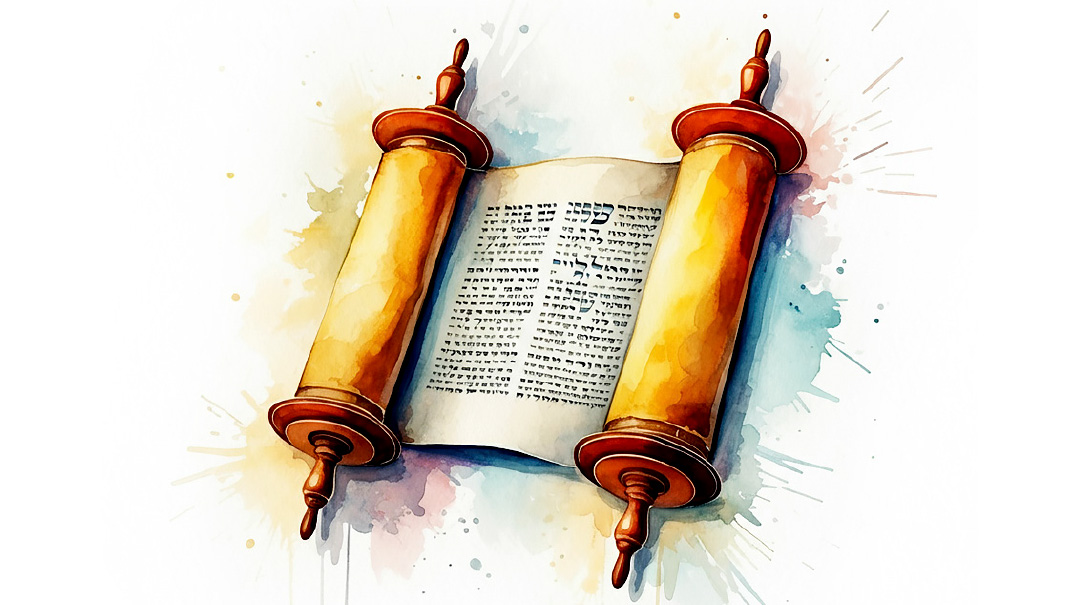Parshas Vayakhel

A rebbi par excellence, it was his heart that distinguished him

“And all Bnei Yisrael left from before Moshe.” (Shemos 35:20)
At the beginning of the parshah it says that Moshe gathered all Bnei Yisrael. So when they left him, why is it necessary to state, “they left from before Moshe”? We know they were with Moshe. (Rav Elya Lopian, Lev Eliyahu)
My uncle z”l was a Yerushalmi Yid. It didn’t matter that he’d left his beloved Eretz Yisrael at the tender age of 15. In his heart and in his mannerisms, he was still back in the narrow alleys and courtyards behind Meah Shearim.
He spoke three languages, English, Hebrew, and the Yiddish of his childhood — a rich beautiful Yiddish spoken in his soft sweet voice. His Hebrew was with an impeccable Israeli accent. But despite living in America for over 70 years, he always spoke English with a trace of an Israeli accent. Because his heart stayed in Eretz Yisrael.
Suppose you see a man walking down the street. You can’t tell from where he just left. However, if you see him weaving down the street, barely able to walk a straight line, it’s pretty clear he just left a tavern and is drunk.
So, too, with people. What they value and where they come from establishes who they are.
Rashi in Mishlei (3:34 ) says that if a person goes after scoffers and mockers, he’ll become one of them. But if one befriends humble people, his actions will find favor in the eyes of all.
This is the lesson here. When Klal Yisrael left Moshe, it was noticeable on them that they’d just left Moshe. There was chein on their faces; you could tell from their whole appearance that they’d just left Moshe.
My uncle was a rebbi par excellence. Not just during the 50+ years he taught in Flatbush. His essence was a teacher. Everything was a lesson to be learned, taught, and shared. Torah, tefillah, teva — the world was his classroom. He taught with dignity fused with his dynamic personality. Discipline wasn’t an issue. One quick glance from under his bushy eyebrows, his Russian-style mustache quivering, and no further action was needed.
But it was his heart that distinguished him. It was so evident how much he loved all his students and his teaching. He would address us children as sheifele, tzaddikel, zisse yingele, his tone conveying how much he loved each one of us.
Even when he left the classroom, his passion for disseminating Torah never ceased. Once he was explaining to me a connection in our yichus to a huge talmid chacham. Apparently, “Di elte bubbe’s shvester hut chaseneh gehat mit di fetter fin de helige….” At some point I lost him.
When he finished, he asked me if I understood, and I nodded with a smile. “Okay,” he said, “tell me what I just said.”
Caught by The Rebbi!
We say in Shema, “You should love Hashem.” Chazal explain this includes the mitzvah of kiddush Hashem: the name of Hashem should be beloved through you. People should notice that you’re a ben Melech, they should notice that you’re pleasant to all. And if your manner of speech isn’t pleasing, and your business and dealings aren’t correct, this is a chillul Hashem.
When people look toward a talmid chacham, they don’t necessarily come to test him on his learning. They look at his actions, how he speaks to others and how he deals with things. He makes Hashem’s name beloved to others. It’s clear where he comes from and what his values are. That’s a kiddush Hashem.
My uncle spent his childhood years in a one-room apartment with no indoor plumbing. Can we possibly understand such a lifestyle? He was orphaned of his mother Hy”d two months before his bar mitzvah. Unfortunately, today, Klal Yisrael understands this all too well.
But despite this, or perhaps because of this, he became a loving, warm, dynamic person, one who influenced so many.
Despite the many years that had passed since he’d left, he wanted to be buried in Eretz Yisrael. It was dark in the beis olam, the matzeivos eerily shadowed. I stood with my family as we buried my uncle. He was always an Eretz Yisrael Yid. And now he was home for eternity.
L’illui nishmas Rav Nechemia ben Rav Yosef Hakohen Zeitchik
(Originally featured in Family First, Issue 936)
Oops! We could not locate your form.


